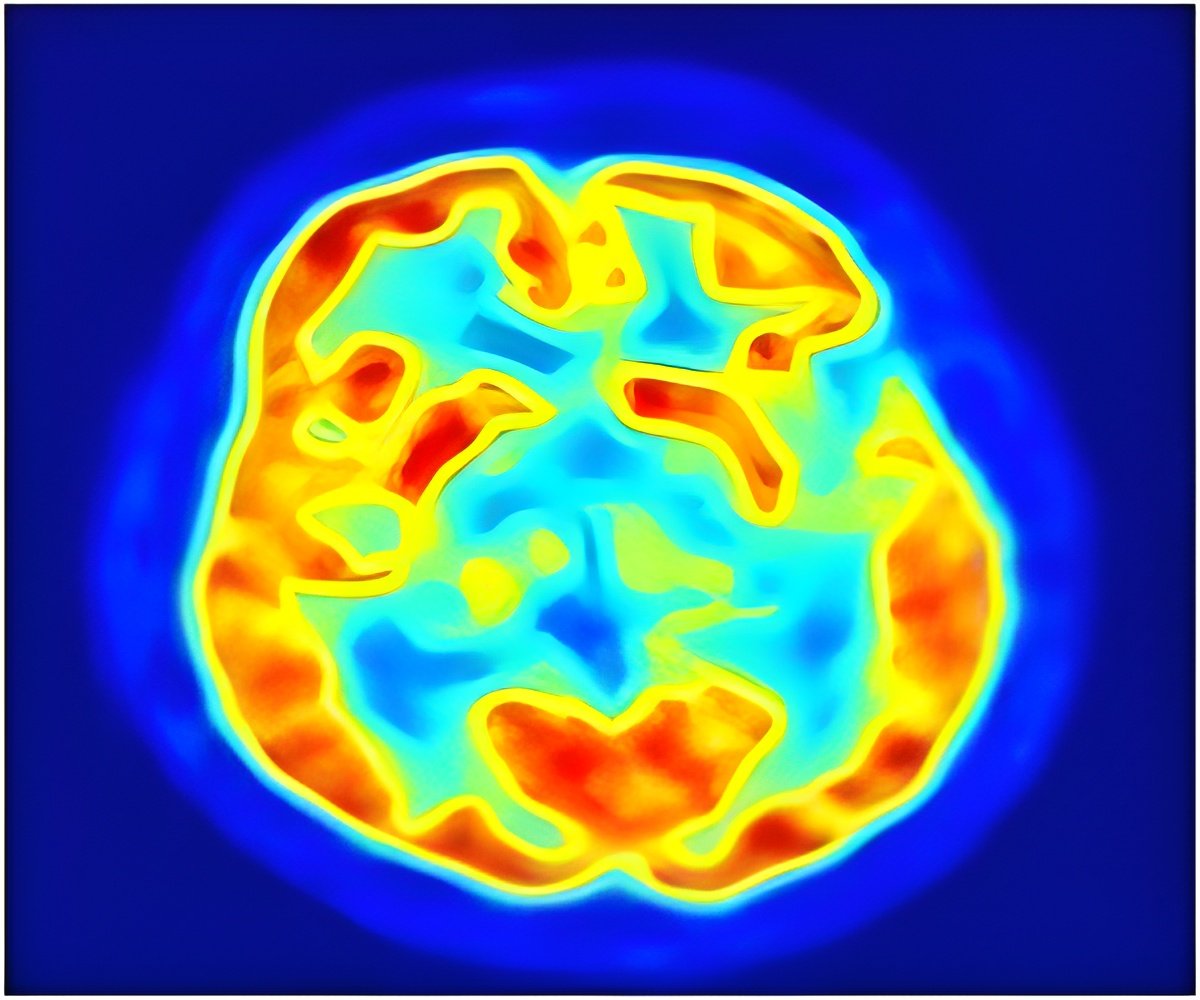Patients with strokes occurring in the insular cortex had fewer and far less severe withdrawal symptoms than those with strokes in other parts of the brain.

"These findings indicate that the insular cortex may play a central role in addiction," said lead study author Amir Abdolahi, clinical research scientist at Philips Research North America, a research centre in New York.
The studies involved 156 stroke patients who were admitted to three hospitals in Rochester, New York, all of whom were identified as active smokers.
The study participants were divided into two groups - those with a stroke occurring in the insular cortex and those with a stroke in another part of the brain.
They found that patients with strokes occurring in the insular cortex had fewer and far less severe withdrawal symptoms than those with strokes in other parts of the brain.
The researchers also followed the study participants for three months to determine whether or not they had resumed smoking.
Advertisement
These findings open the door for researchers to potentially explore therapies that could target this area of the brain and disrupt its role in addiction, potentially with new drugs or other techniques such as deep brain stimulation or magnetic stimulation.
Advertisement
The success rate of the drugs currently used to treat tobacco dependence is not very impressive. Around 70 percent of the people who use these treatments eventually start smoking again.
The findings appeared in the journals Addiction and Addictive Behaviors.
Source-IANS















